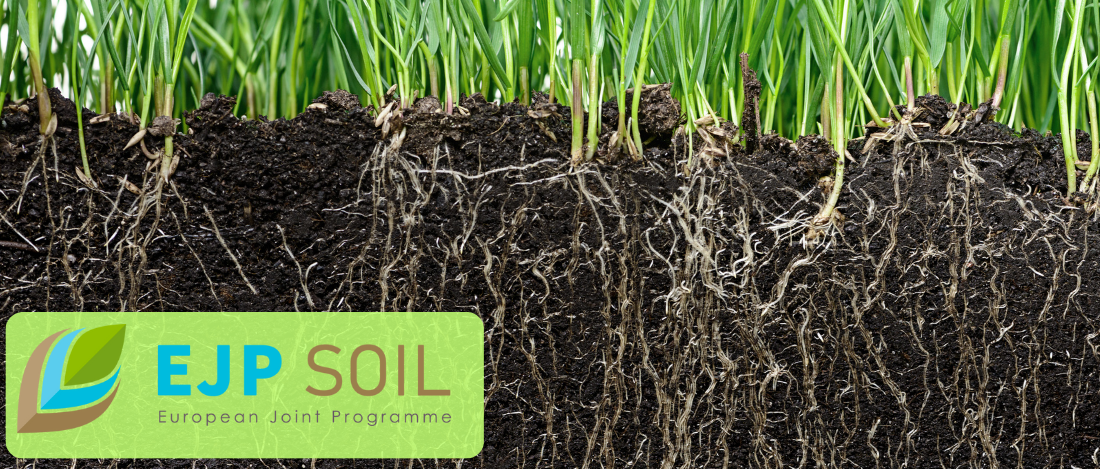
EJP SOIL is a major EU research program that brings together European agricultural research and focuses on the health of agricultural soils across the EU and sustainable, climate-smart cultivation.
Soil plays a crucial role in various aspects of climate. Firstly, it contains three times as much carbon as the atmosphere, making it a significant carbon store. Even small changes in soil carbon storage noticeably affect CO2 levels in the atmosphere.
Additionally, soil is essential for adapting to the adverse effects of climate change such as droughts and floods. Soil's water retention and conductivity are crucial factors influenced by cultivation methods and overall soil health. At the same time, a healthy ecosystem with diverse biodiversity can also help mitigate the impact of extreme weather conditions and increase resilience to climate change.
The European research program EJP SOIL was created to establish a common framework for agricultural research in the EU, focusing on soil, cultivation, climate change, and ensuring future food supply. The program consists of 26 partners from 24 EU countries, pooling national research funds, supplemented by EU funding. In Denmark, AGRO and DCA participate with funding from the government agreement with the Ministry of Food, Agriculture and Fisheries. EJP Soil highlights the central role that agricultural soil plays in reducing greenhouse gas emissions, mitigating the consequences of climate change, and maintaining food production.concern
EJP SOIL's goal is to enhance the overall understanding of how to best protect the health of agricultural soil and what methods can be used to maintain or improve healthy ecosystems in and around agricultural land.
EJP SOIL has established national hubs in all partner countries, where a wide range of stakeholders from the agricultural sector are invited to meetings, events, and workshops to share knowledge, exchange experiences, and discuss needs and solutions to improve the health of agricultural soil.
Another important aspect of EJP SOIL is contributing to the education of the next generation of soil researchers.
EJP SOIL has played a crucial role in this regard through activities such as Ph.D. courses, postdoctoral positions, and research leadership experience for younger researchers. It has also worked to raise awareness among a broader audience about the importance of soil health in a global context.
The EJP SOIL program runs from 2020 to 2025 and has so far spawned a wide range of projects related to carbon storage, ecosystems, new cultivation methods, soil improvement, climate adaptation, and more.
For more information, you can visit the EJP SOIL website.